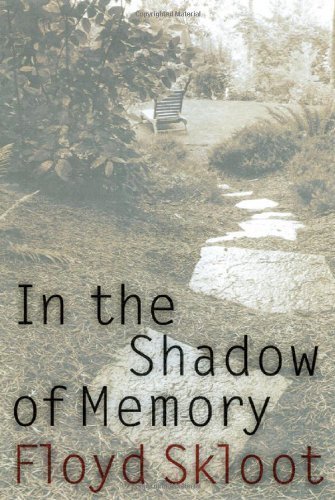What do you think?
Rate this book


Paperback
First published March 1, 2003
I still equated the city with self-sufficiency. But after spending a few weekends at Beverly's place in the woods, I began to consider escaping the frenzy, lfeeing the noise and energy and commotion. It would always be difficult for me to think clearly, but being surrounded by urban commotion made it worse. I felt scattered. I had come to see that it was impossible to slow down in the city. It was impossible to find harmony between my surroundings and my newly diminished self, reined in, slowed down, isolated from the worlds of work, running, and community that I had always lived in. There was too much stimulation, too much outer life for a person in my situation. I had nothing but time on my hands but was living where time seemed accelerated. I needed an emptier place, I thought, pared down, humbler; a place that I could embrace as fitting my circumstances. (26)